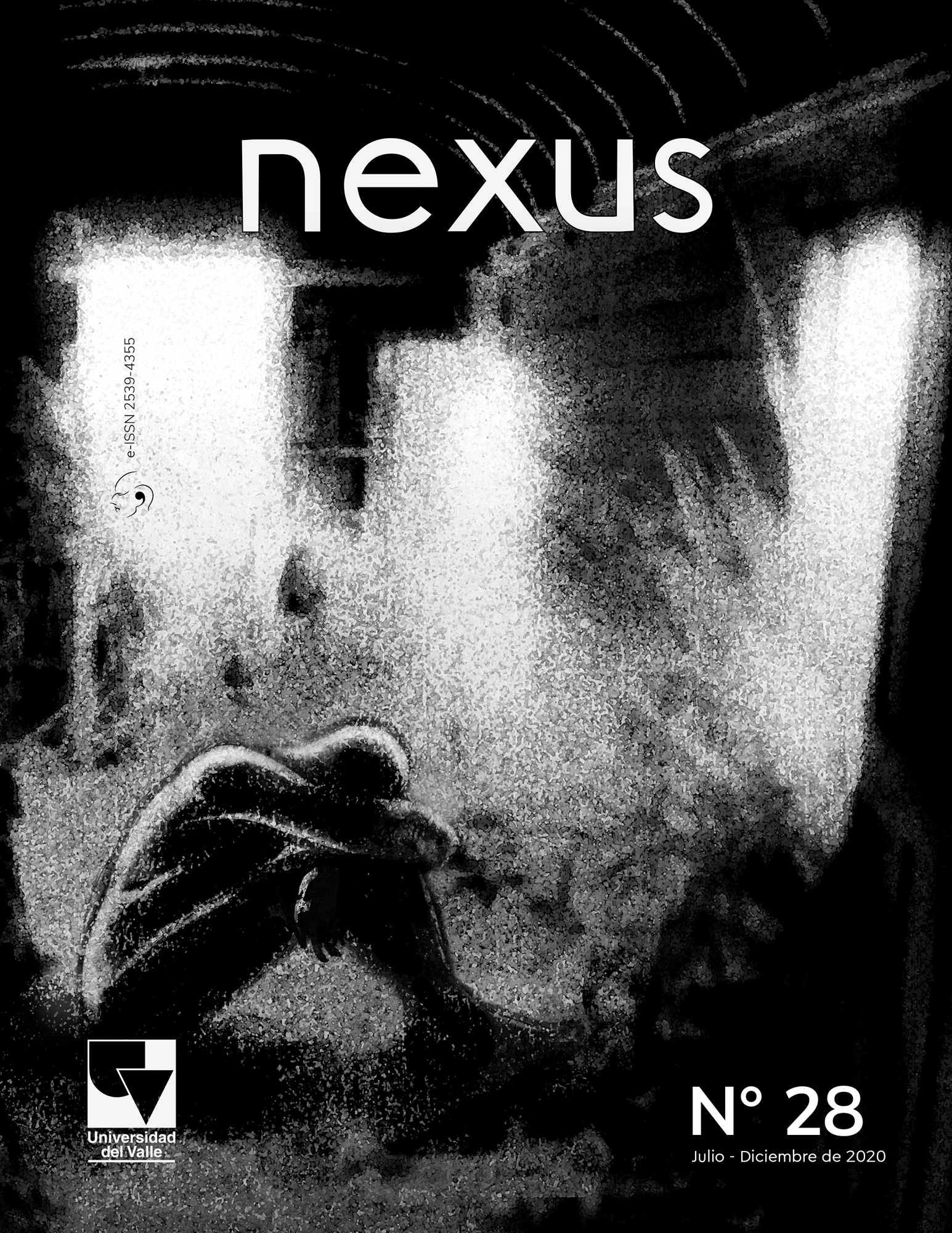Subjective turn and indigenous video: theoretical approaches, collective and individual expressions in a self-referential key
Main Article Content
Since the end of the 1990s and with a greater prominence in this century, the indigenous communities of Colombia have “ been up in video cameras”, they have changed over from being represented in film and video to becoming agents of their own representations. Thus, many audiovisual communication groups have emerged in different nations, characterized by their collective behavior; and in a parallel way, individual authors have emerged, motivated by their personal experiences. This paper proposes a theoretical approach to the so-called “subjective turn” in non-fiction film and video in order to understand and think about the transformations, strategies, and narrative dynamics used by indigenous filmmakers in contemporary documentary film and video. It was achieved through the theoretical and conceptual review, as well as the historical research on film and the audiovisual analysis of the work of groups and authors from indigenous nations. Particularly, the work of two indigenous directors, Mileidy Orozco from the Emberá Eyabida people and Luis Trochez from the Misak people, was analyzed. Both authors are graduates of university programs in communication and audiovisuals, and they have chosen the first person and performance as their expressive force.
- Indigenous cinema
- Indigenous video
- Subjective turn
- Collective narratives
- Individual narratives
Downloads

This work is licensed under a Creative Commons Attribution-NonCommercial-ShareAlike 4.0 International License.
Nexus agrees with the Creative Commons BY NC 4.0 licence.





